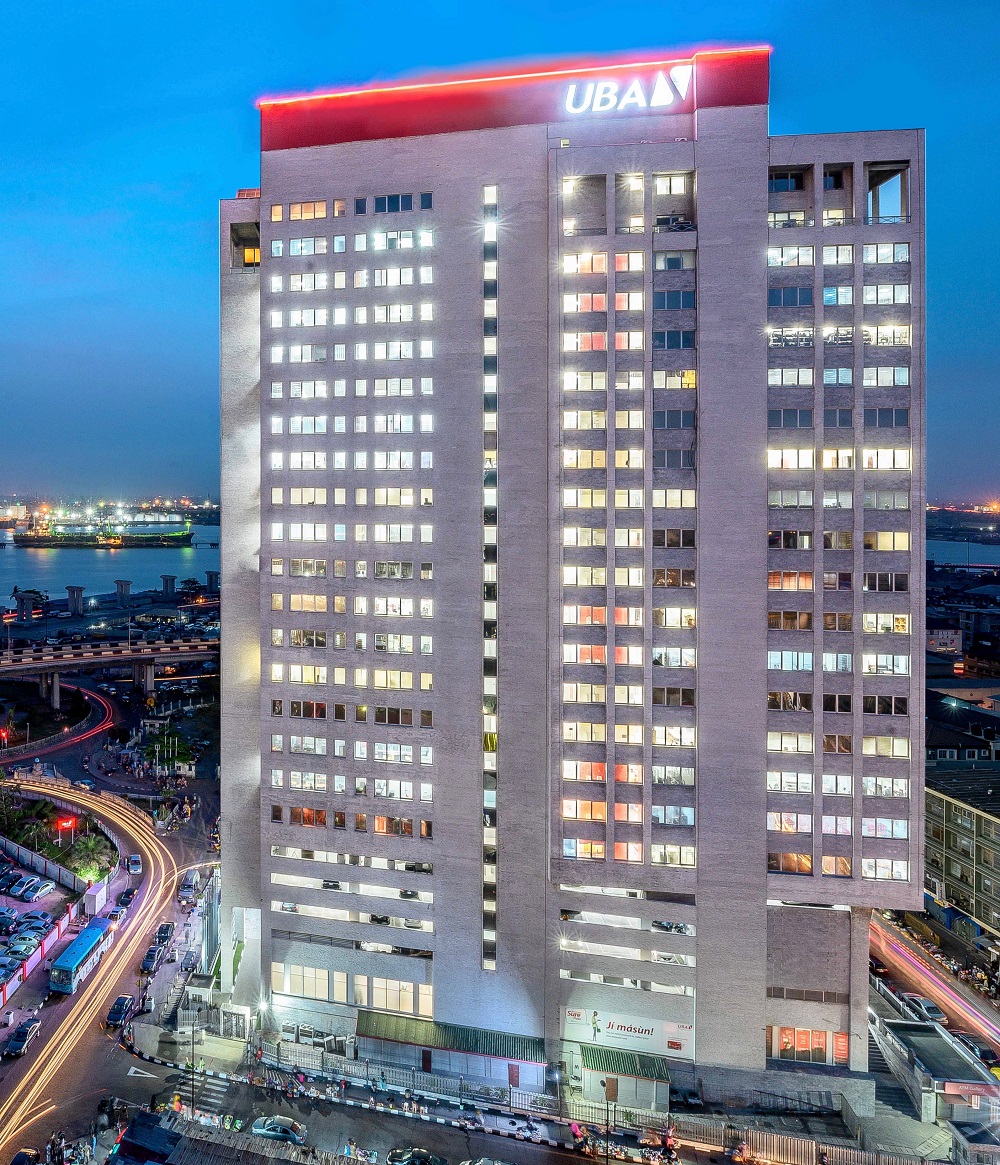A total of twelve banks that are listed on the Nigerian Stock Exchange (NSE) collectively reported a profit after tax of N260.983 billion in Q1 2020. While this is impressive, there are strong indications that banks’ Q2 2020 profits will be significantly lower.
See the top performers
According to checks by Nairametrics Research, Nigeria’s tier-1 banks (or FUGAZ as they are often called), dominated the list of top performers. As always, Zenith Bank Plc recorded the most profit during the period with N50.5 billion. This is followed closely by Guaranty Trust Bank Plc, which reported a profit after tax of N50.1 billion. Access Bank Plc recorded N40.9 billion, while United Bank for Africa reported N30.1 billion. FBN Holdings Plc also reported a profit after tax of N25.7 billion.
The Q1 2020 profit after tax for the rest of the banks is detailed below:
- Stanbic IBTC Holdings: N20.6 billion
- Ecobank Transnational Incorporated: N24.3 billion
- Fidelity Bank Plc: N5.8 billion
- Sterling Bank Plc: N2 billion
- Union Bank of Nigeria Plc: N6 billion
- FCMB Group Plc: N4.7 billion
- Wema Bank Plc: N977.3 million
READ ALSO: WTO discloses nomination window for DG selection
Some banks under-performed
Further analysis of banks’ Q1 2020 financial statements revealed that the likes of Ecobank, Fidelity, Sterling, and Wema Bank witnessed slight declines in their profit after tax year on year. For instance, Ecobank’s profit declined by as much as 10% when compared to some N30.5 billion that was recorded in Q1 2019. Fidelity Bank’s profit of N5.8 billion is less than N5.9 billion that was reported in Q1 2019. Similarly, Sterling Bank reported N3.2 billion worth of profit in Q1 2019, whereas its profit declined to N2 billion in Q1 2020. Also, Wema Bank’s profit in Q1 2019 was N1.1 billion. This is more than N977.3 million that the bank reported in Q1 2020.
In the meantime, the likes of Jaiz Bank Plc, Aso Savings, Unity Bank Plc, and Aso Savings and Loans Plc are yet to release their Q1 2020 financials. Aso Savings has not released any financial statement since 2013. Unity Bank’s last-released financial statement was for Q3 2019. Jaiz Bank, on the other hand, recently released its audited full-year 2019 financial statement.
Lesser performance in Q2?
Recall that the Coronavirus pandemic officially hit Nigeria in March 2020. What this means is that many businesses (including banks) began feeling the negative impacts as far back as then. Yet, some of them managed to record relatively positive performances. However, there have been forecasts suggesting that banks’ performance in Q2 (and the rest of the year) not be so positive after all.
READ MORE: Analysis: Nestlé strong but exposed.
As Nairametrics reported, a recent report by Augusto & Co noted that Nigerian banks’ earnings and profitability are expected to decline drastically in 2020. In specific terms, banks’ earnings from their core business are projected to decline in the short term due to an expected rise in impairment charges and lower yields on their loan books. More so, the contractionary monetary policy stance, exacerbated by discretionary Cash Reserve Requirement (CRR) debits by the CBN, is expected to affect banks’ overall performance this year.
Just last week, the CBN debited some banks a total of N459.7 billion for failure to meet CRR requirement. A report on this development by Nairametrics explained how this would affect banks’ ability to generate profits for their shareholders.













